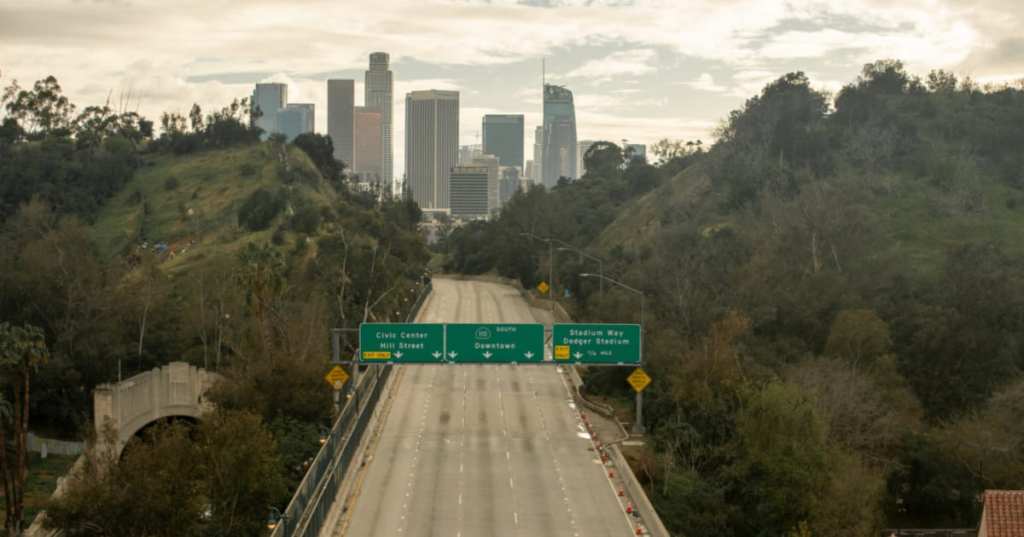You hear all the time these days about how birth rates are down all over the world. It’s easy enough to understand at least some of the reasons this might be an issue, like the fact that we need young people to take care of all of the old farts and all of that.
It seems impossible to think that, with the billions of people on the planet and no one really considering not doing the thing that makes more babies happen, we could ever actually run out of humans.
Could we, though? And when might it happen?

Image Credit: Pixabay
It turns out there are people looking into exactly that doomsday scenario.
Canadian journalist John Ibbitson and political scientist Darrell Bricker teamed up to write a book on the subject, called Empty Planet. They broke down the same data that allowed the United Nations to predict a continuing population boom and found the opposite could just as likely be true.
“In roughly three decades, the global population will begin to decline. Once that decline begins, it will never end.”
The book deals with the choices people make in the kinds of periods like we’re experiencing now, when things are changing rapidly and there’s much uncertainty about the future. The end result of their extensive, worldwide research is that modern families are going to make their own choices – and it might not be the ones statisticians assume.

Image Credit: Pexels
The authors of the book aren’t alone, either. They say that once you get past the “everyone knows” assumptions, there are plenty of people who have been questioning the idea that the population will continue to grow exponentially.
They say the real-world people they spoke to confirm that the statistics don’t translate to real life.
Bricker claims that the accepted U.N. model only takes three things – fertility rates, migration rates, and death rates – into consideration, when there could really be more factors that could influence people’s decision to have children, or not, or how many.
Things like education rates for females, urbanization around the globe, and the like, can and do likely influence those decisions for each family.

Image Credit: Pexels
Not only that, but the external forces that encouraged women to have more than one or two children are slowly disappearing everywhere – faster in more developed countries, but pretty much everywhere is falling in line.
Fertility rates are dropping everywhere, and it’s happening fast.
If you’re sitting there wondering why it matters whether the population will grow or shrink, think back to the top of this post.
We’re able to keep folks alive longer and longer, and we assume there will be babies to replace them (and middle aged folks to care for them).
We base a lot of infrastructure plans on these assumptions, among other things, and being able to clearly see what society might look like in the future would certainly be helpful.

Image Credit: iStock
In the long run, it seems like the best thing for everyone would be to not make assumptions about anything, and to plan for all eventualities.
Anything less is what gets us to the zombie apocalypse. Babies or no babies, I don’t think anyone wants that.






